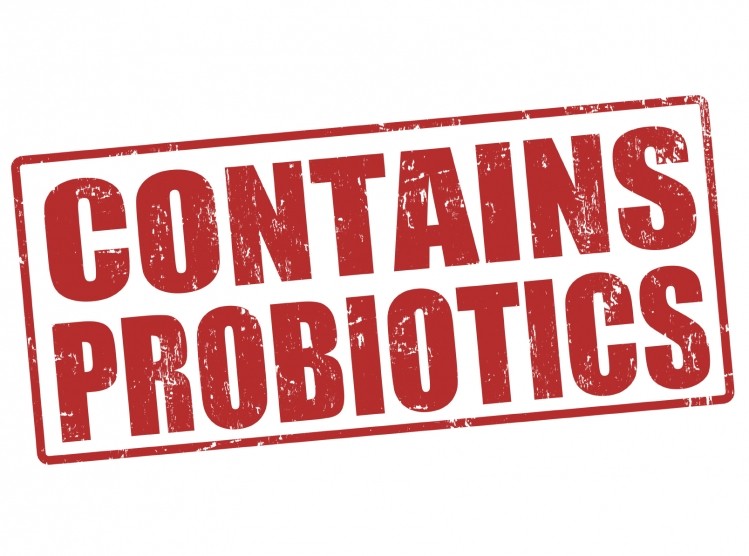Regulation of Probiotics in the USA: Dietary Supplements

FDA defines a dietary supplement as “a product intended for ingestion that contains a ‘dietary ingredient’ intended to add further nutritional value to (supplement) the diet.” Dietary Supplements are typically sold as tablets, capsules, powders, and liquids (although there are additional considerations in determining if a product is a liquid supplement or a conventional food beverage). Like other ingredients, before marketing a dietary supplement with a probiotic ingredient a determination must be made if it requires the submission of a New Dietary Ingredient notification to FDA with information on the safety of the ingredient. A notification is not required if the probiotic was sold in the United States as a dietary supplement prior to October 15, 1994, or if it is present in the food supply as an article used for food in a form in which the food has not been chemically altered. FDA’s current position is that certain changes in how an ingredient is processed, may trigger the need to submit a notification.
Like foods, dietary supplements cannot claim to treat, cure, mitigate or prevent a “disease,” but can claim to “affect the structure or any function of the body of man or other animals.” Common probiotic structure/function claims include “support healthy digestion” and “support a healthy immune system.” Unlike foods, dietary supplements making structure/function claims must bear a mandatory disclaimer: “This statement has not been evaluated by the Food and Drug Administration. This product is not intended to diagnose, treat cure, or prevent any disease.” Also, the manufacturer must notify FDA within 30 days of making the claim. As with all claims, structure/function claim for dietary supplements must be truthful, non-misleading, and substantiated with competent and reliable scientific evidence.
This article was originally published by the International Probiotics Association in its IPA Counsel Corner blog. Reproduced with permission.

















